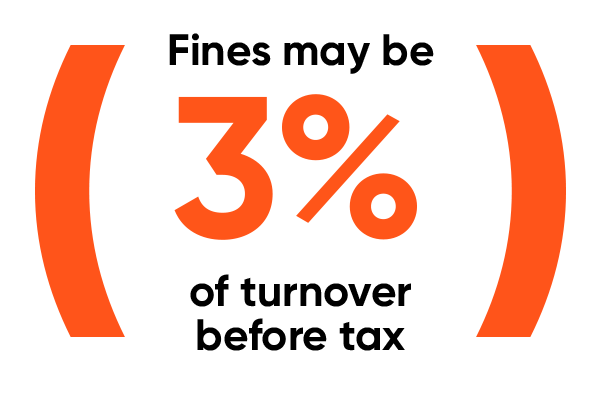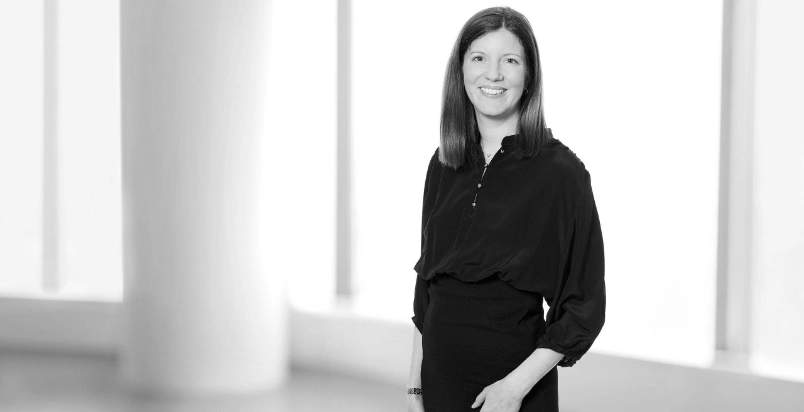The first rules for class actions in France were introduced in 2014, with a very strict framework as regards the associations with standing to act and the nature of the damages that could be awarded. In 2016, it was extended to health, environmental, personal data protection and workplace discrimination disputes and then, in 2018, to housing tenancy disputes. Whatever the class action considered, two stages follow one another: a judgment on the liability of the corporates and the determination of the class concerned, then the implementation of this judgment via membership of the class (the “opt-in” system) and individual damages.
However, there are still differences between the various sectoral class actions in terms of the definition of standing, the nature of the damages that can be awarded, whether or not there is a compulsory prior formal notice procedure, and the procedural methods for compensating damages.
The introduction of the French class action regime has been closely monitored with the setting up of a ‘mission of information’ on the outcome and prospects of class actions. Its conclusions were presented in June 2020 and the report described the results of this new procedure as disappointing.
On the one hand, the report highlighted the low number of class actions implemented: 21 class actions filed since 2014, including 14 in the consumer field and 3 in the health sector. By the end of 2022, there had been 32 class actions, 20 of which were in the consumer field. On the other hand, the report noted that no corporates had yet been held liable in a class action. Since then, in a non-final judgment dated January 5, 2022, the Paris Court has held liable a company operating in the health sector.
Associations and corporates have multiplied the number of procedural issues (i.e. those unrelated to the merits) regarding the statute of limitations, the conditions required to bring a claim and the disclosure of documents. This illustrates an uncertain scope of application and the excessive complexity of the French class action regime.
The use of group mediation has led to the signing of approved settlement agreements in several cases.
Rather than initiating a class action, practitioners have tended to favour collective actions grouping together a large number of individual complaints without the need for consumers to turn to an association.
The Depakine case in France was also a significant landmark in the history of French class actions. It centres around a drug called Depakine, which contains the active ingredient valproic acid or sodium valproate. The drug was taken by many pregnant women for epilepsy, but it was later found to potentially cause congenital malformations and neurodevelopmental disorders in children exposed in utero.
The Association for the Support of Parents of Children Suffering from Anticonvulsant Syndrome (APESAC) filed a class action against a pharmaceutical company in May 2017. On January 5, 2022, the Paris Court ruled against the company, marking the first decision to rule on the merits against a professional entity subject to a class action in France. However, Élodie Valette, BCLP Disputes Partner in Paris, notes, “whilst an interesting case, it is not yet a final decision. This means there is, at this point, no precedent”.

